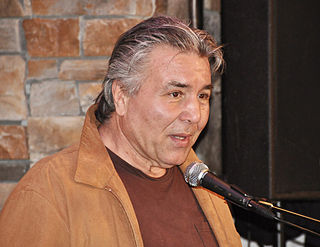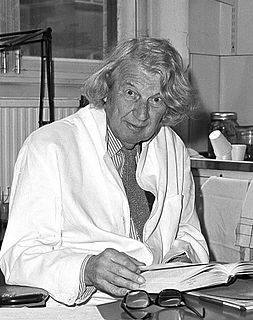A Quote by Kevin Systrom
I don't foresee a future where people don't have some sort of phone that's like a computer. I don't foresee a future where those phones don't have cameras in them. That spells a future where smartphones are the status quo. You have to ask yourself how you allow people to communicate what's in their lives.
Related Quotes
There is a future which is predictable, programmed, scheduled, foreseeable. But there is a future, l'avenir (to come) which refers to someone who comes whose arrival is totally unexpected. For me, that is the real future. That which is totally unpredictable. The Other who comes without my being able to anticipate their arrival. So if there is a real future, beyond the other known future, it is l'avenir in that it is the coming of the Other when I am completely unable to foresee their arrival.
No one "discovers" the future. The future is not a discovery. The future is not a destiny. The future is a decision, an intervention. Do nothing and we drift fatalistically into a future not driven by technology alone, but by other people's need, greed, and creed. The future is not some dim and distant region out there in time. The future is a reality that is coming to pass with each passing day, with each passing decision.
This was how you wound up in the Inquisition. When you stopped being able to see any difference between Light Ones and Dark Ones. When for you, people weren't even a flock of sheep, but just a handful of spiders in a glass jar. When you stopped believing in the future, and all you wanted to do was preserve the status quo. For yourself. For those few individuals who were still dear to you.
We spend our whole lives worrying about the future, planning for the future, trying to predict the future, as if figuring it out will cushion the blow. But the future is always changing. The future is the home of our deepest fears and wildest hopes. But one thing is certain when it finally reveals itself. The future is never the way we imagined it.
I've always enjoyed stories that take place in the future but my one disappointment was that the future books described never came. We're not on other planets, there are no flying cars, and the only robots we have in our homes just sweep the floor. So I wanted to write about a future that I thought could really happen. People ask me when I tell them the title of the book, 'Are we all dead?' The good news is, no. We're still here. And I even think the future in my book is strangely hopeful, although I'm sure there will be people who strongly disagree.
One has to say that they [Eleanor and Franklin Roosevelt] were pioneering to some extent. They didn't know that some of the housing projects that they were putting up for the poor were going to turn into crack dens and rapists' bowers and things of that sort, which they have since become. But you can't always foresee the future. I'm sure their intentions were the best.



































